
Description
NABC in cooperation with the Ethiopian Embassy in Brussels invites you to the ‘Invest in Ethiopia Forum’ on Wednesday, April 4th at the Malietoren in The Hague. The Forum seeks to inform and inspire the Dutch business community about opportunities in Ethiopia, Africa’s fastest growing economy. It focuses specifically on investment opportunities abound in the country’s Industrial Parks and integrated Agro-Industrial parks.
Representatives from the Industrial Parks will explain the benefits of setting up a business in the park, which include tax holidays, affordable electricity, competitive labour costs and a one-stop shop for everything foreign companies need. International fashion brands like Tommy Hilfiger and Calvin Klein have already set up production factories on such Industrial Parks. Equally, Dutch agro-processing company Moyee Coffee has set-up manufacturing operations in the country.
Dutch investors and financial institutions, such as the Dutch Good Growth Fund, RVO, FMO, ING and Rabobank, will be present to tackle the component of access to finance, with European businesses active in Ethiopia sharing their experiences with us.
Priority sectors of this event are:
- Textile and Garments
- Agro-processing (Dairy, Poultry, Horticulture, food)
Mid/High-level companies, interested in setting up a business in an Industrial Park are warmly welcomed. NABC’s Arne Doornebal visited the Hawassa Industrial Park in 2017 and wrote this article about it in NABC Magazine.
Register now
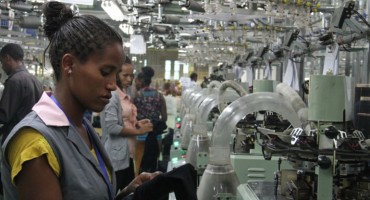 Programme
Programme
13:00 Walk-in and registration
13:30 Word of welcome. By HE Teshome Toga, the Ambassador of Ethiopia and NABC
13:50 Doing Business in Ethiopia. By officials from Ethiopia
14:15 European entrepreneurs about doing business in Ethiopia:
– Thierry Viale, General Manager, Growth Market Divisions, Ontex Global
– Guido van Staveren van Dijk, Founder, Moyee Coffee
15:00 Introduction of investors an financial institutions: Dutch Good Growth Fund, RVO, FMO, ING, & Rabobank
15:15 Coffee break
15:30 Roundtables
Roundtable 1. General information on Ethiopian Investment Opportunities and incentives, priority sectors, Industrial Parks and Integrated Agro-Industrial Parks and specific information to Hawassa, Bole Lemi, Kilinto and Areti Industrial Parks
Roundtable 2. General information on Ethiopian Investment Opportunities and incentives, priority sectors, Industrial Parks and Integrated Agro-Industrial Parks and specific information on Kombolcha, Makele, Adama, Dire Dawa and Debrebirhan Industrial Parks
16:30 Follow-up one on one meetings between financial institutions, entrepreneurs, the Ethiopian Industrial Parks Development Corporation and officials of the Ethiopian embassy.
17:15 Closing remarks
17:30 Networking opportunity
Register Now
More information: https://www.nabc.nl/services/events/346/invest-in-ethiopia-forum
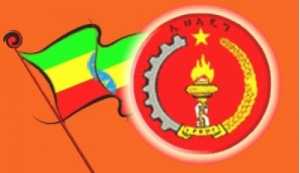 Ethiopia’s ruling party Ethiopian People’s Revolutionary Democratic Front (EPRDF) will kick off its meeting today to elect new party chair.
Ethiopia’s ruling party Ethiopian People’s Revolutionary Democratic Front (EPRDF) will kick off its meeting today to elect new party chair.

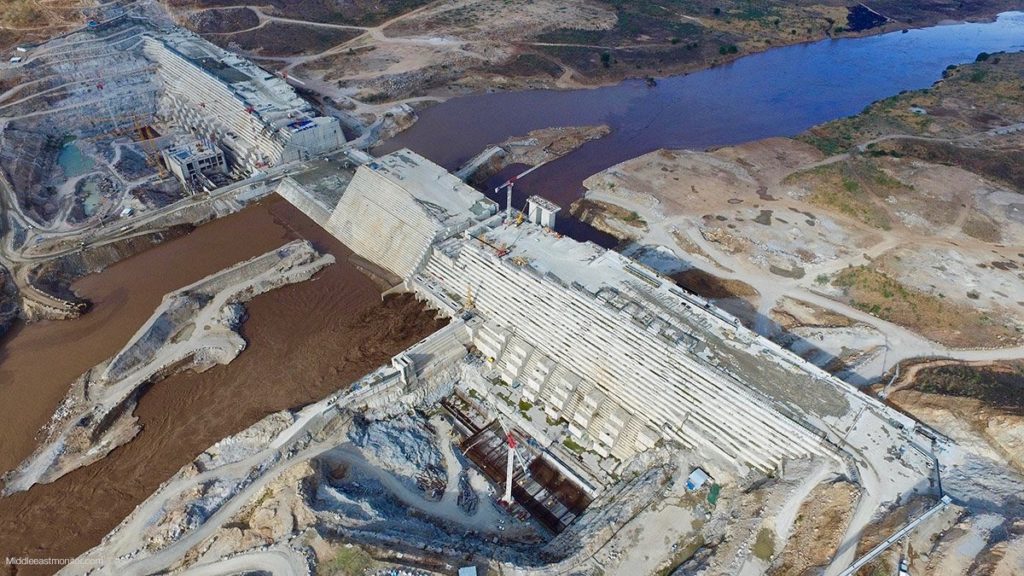




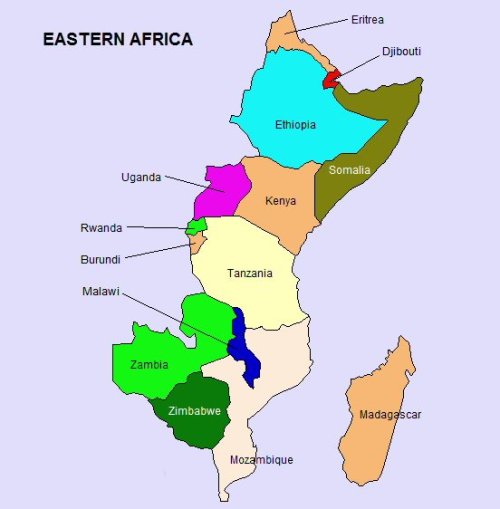
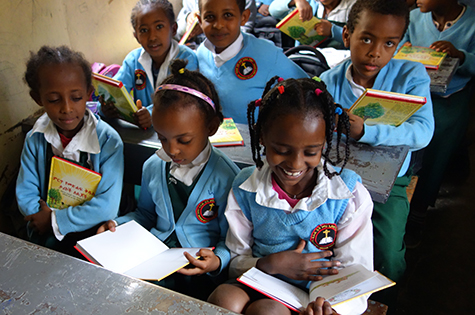

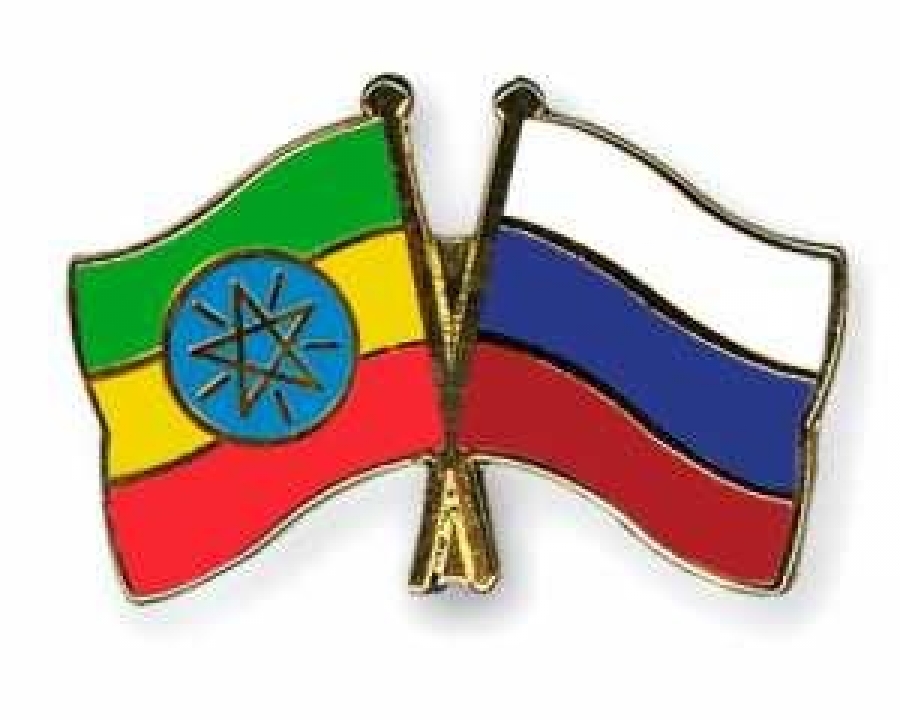
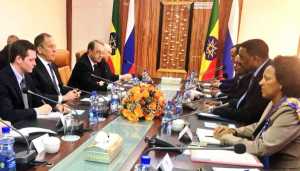 Russia’s Foreign Minister Sergey Lavrov arrived
Russia’s Foreign Minister Sergey Lavrov arrived
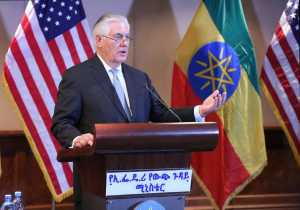 U.S. Secretary of State Rex Tillerson arrived in Addis Ababa on 7 March afternoon.
U.S. Secretary of State Rex Tillerson arrived in Addis Ababa on 7 March afternoon.